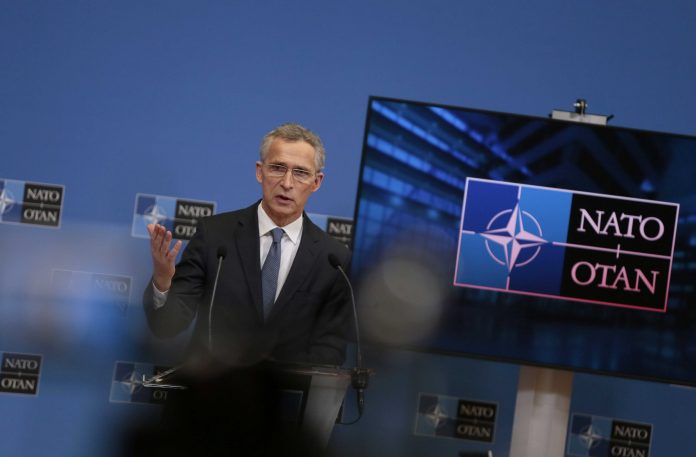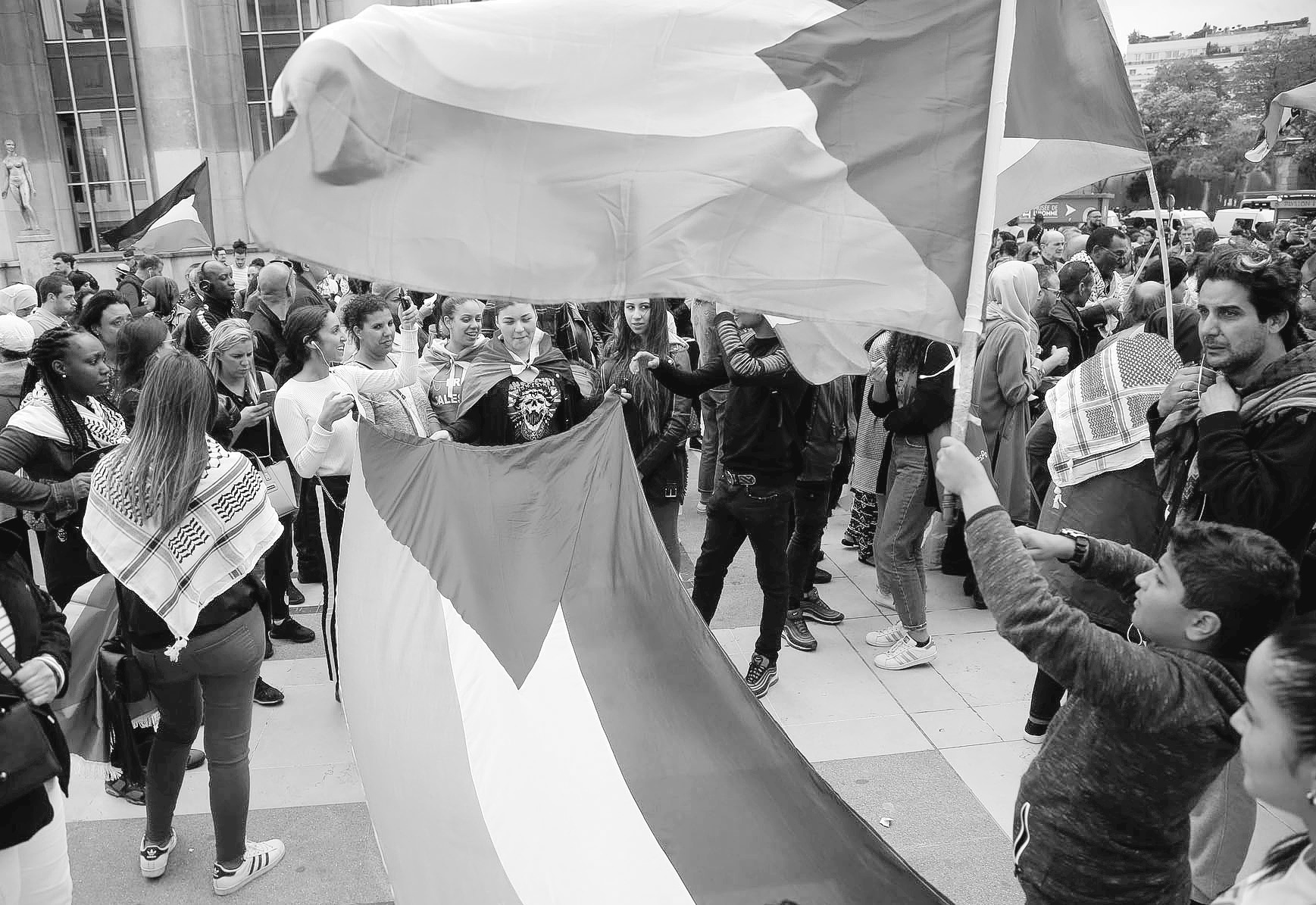
By LORNE COOK
Associated Press
BRUSSELS (AP) — The United States and countries around Europe are closing ranks to respond to “aggressive and coercive” behavior by China, days after the U.S. and its allies launched coordinated sanctions against Chinese officials accused of rights abuses in the far-western Xinjiang region.
Secretary of State Antony Blinken said Wednesday that he wants to work with the U.S.’s partners on “how to advance our shared economic interests and to counter some of China’s aggressive and coercive actions, as well as its failures, at least in the past, to uphold its international commitments.”
Blinken spoke after talks in Brussels with NATO foreign ministers. He will also raise the tense state of relations with China in talks later Wednesday with European Commission President Ursula von der Leyen and EU foreign policy chief Josep Borrell.
“When we are acting together, we are much stronger and much more effective than if any single one of us is doing it alone,” Blinken said. He noted that alone the U.S. accounts for about 25% of global GDP, but up to 60% with its allies in Europe and Asia. “That’s a lot harder for Beijing to ignore,” he said.
On Monday, the U.S., EU, Britain and Canada imposed asset freezes and travel bans on a group of officials in Xinjiang. China retaliated by slapping sanctions on 10 Europeans, including lawmakers and academics, and four institutions. Beijing said they had damaged China’s interests and “maliciously spread lies and disinformation.”
Initially, China denied the existence of camps detaining Uyghur Muslims in Xinjiang but has since described them as centers to provide job training and to re-educate those exposed to extremists. Chinese officials deny all charges of human rights abuses there.
Blinken said in a speech at NATO that Beijing’s retaliatory sanctions “make it all the more important that we stand firm and stand together, or risk sending the message that bullying works.”
But views on the way that business and trade should play out differ across the Atlantic.
The EU is China’s biggest trading partner but they are also economic competitors. As Beijing has become more assertive in recent years, the 27-nation bloc has struggled to balance its commercial interests with a country that it sees as “a systemic rival” and has human rights concerns about.
The two sealed a major investment agreement in December giving European businesses about the same level of market access in China as those from the United States. It was announced just weeks before President Joe Biden took office and raised some concerns that the Europeans were undercutting Biden’s leverage as he looked to take a tougher line on China.
But Blinken said “the United States won’t force our allies into an ‘us-or-them’ choice with China.” He warned of Beijing’s threatening behavior, but said “that doesn’t mean countries can’t work with China where possible, for example on challenges like climate change and health security.”
In terms of China’s military aggressiveness, Blinken noted its “efforts to threaten freedom of navigation, to militarize the South China Sea, to target countries throughout the Indo-Pacific with increasingly sophisticated military capabilities. Beijing’s military ambitions are growing by the year.”
NATO Secretary-General Jens Stoltenberg said the military alliance does not “regard China as an adversary, but of course the rise of China has direct consequences for our security.” He noted that China is investing heavily in military equipment, including nuclear-capable missiles.
“More importantly, China is a country that doesn’t share our values. We see that in the way they deal with democratic protests in Hong Kong, how they suppress minorities in their own country, the Uyghurs, and also how they actually try to undermine the international rules-based order,” Stoltenberg said.



















